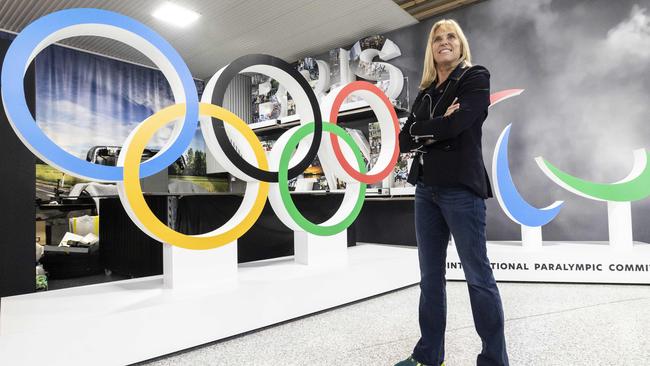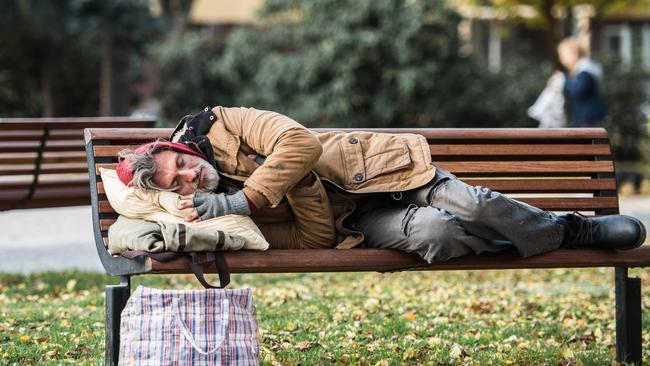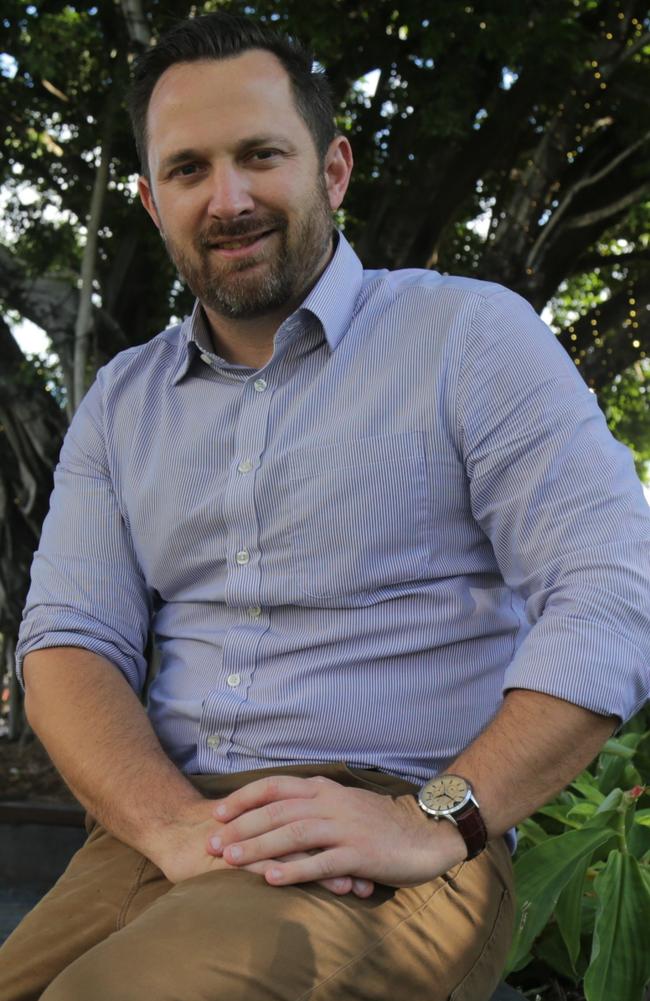Jackson Hills: Social, affordable housing must be a Legacy of Brisbane Olympics and Paralympics
Brisbane’s Olympic and Paralympic Legacy Plan is an opportunity to be the first Games in history that doesn’t just manage homelessness in the lead-up but plans to reduce it by 2032, writes Jackson Hills.
Opinion
Don't miss out on the headlines from Opinion. Followed categories will be added to My News.
I don’t like being that person who does a negative critique after such a huge volume of work. So, the first thing I will do is acknowledge those who have been actively involved in this 2032 Olympic and Paralympic Legacy Plan.
I know it was a significant undertaking, with countless stakeholders involved along the way through.
I accept that it’s a process that is never going to make everyone happy.
It’s very hard to prioritise a legacy approach down to three or four key pillars.
With that said, and despite the headlines around “housing” when the plan was unveiled on Friday, I am struggling to see the significant callout for housing and housing-related planning in this Legacy piece.

Even when we know how much of a significant impact major events such as the Olympic and Paralympic Games have on local housing markets and the vulnerable within our communities. Especially if those areas are not managed intentionally on the way through.
Q Shelter and Urbis did a huge body of work (titled Go for Gold) only 16 months ago that identified a whole range of recommendations for legacy from a housing, planning and community perspective.
There were 55 recommendations across five key result areas.
Unfortunately, I don’t see much of that at all in this final version of the Legacy Plan.
I am pleased to see some signals towards the possible Athlete Village conversions that might feature social, affordable, and accessible housing after the Games.
I still don’t see that as a massive tangible from this Legacy Plan when we know that was actively under consideration before the legacy process started.

That’s the very minimum we should be shooting for on the housing front if you ask me.
We’ve learnt that from the aftermath of the Gold Coast Commonwealth Games, and it should be expected as standard repurposing of Games infrastructure, for mine.
In addition, the likely gentrifying impacts of the Games are not addressed at all in the plan. We know this has had huge impact on displacing communities in the past.
I was hoping for some big, bold ideas around housing to feature as an absolute priority of this plan. I think Queensland deserves that.
It’s also an opportunity to be the first Games in history that doesn’t just manage homelessness the year leading up to the event, with a crisis-led response, but intentionally plans to reduce it by 2032.
I believe this plan could’ve played a pivotal role in restructuring that trajectory.

Brisbane currently has a rental vacancy rate of 1.0 per cent and its population is set to grow from 1,264,000 to 1,721,000 by 2046 (source: shapingSEQ 2023 update).
It has had the sharpest decline in rental affordability of all the major capitals in the last 12 months.
The key themes that have been identified in the Legacy Plan are critically important because that is where policy and investment are likely to flow.
Not including a specific theme around housing affordability, when we know the impact of major events on local housing markets, is a considerable oversight, in my opinion.
With that said, nine years is a long time, it’s several terms of government, and perhaps there is an opportunity to stress test the priorities we have landed on here.
Some will say housing is “business as usual” for the government, not legacy.
I accept that to the extent that hosting the Games doesn’t make the situation worse.
Then, in my view, it very much should be a serious part of the Legacy Plan.
Jackson Hills is the policy and strategic engagement manager at Q Shelter, the state’s peak body for housing and homelessness.
More Coverage
Read related topics:QLD housing crisis




